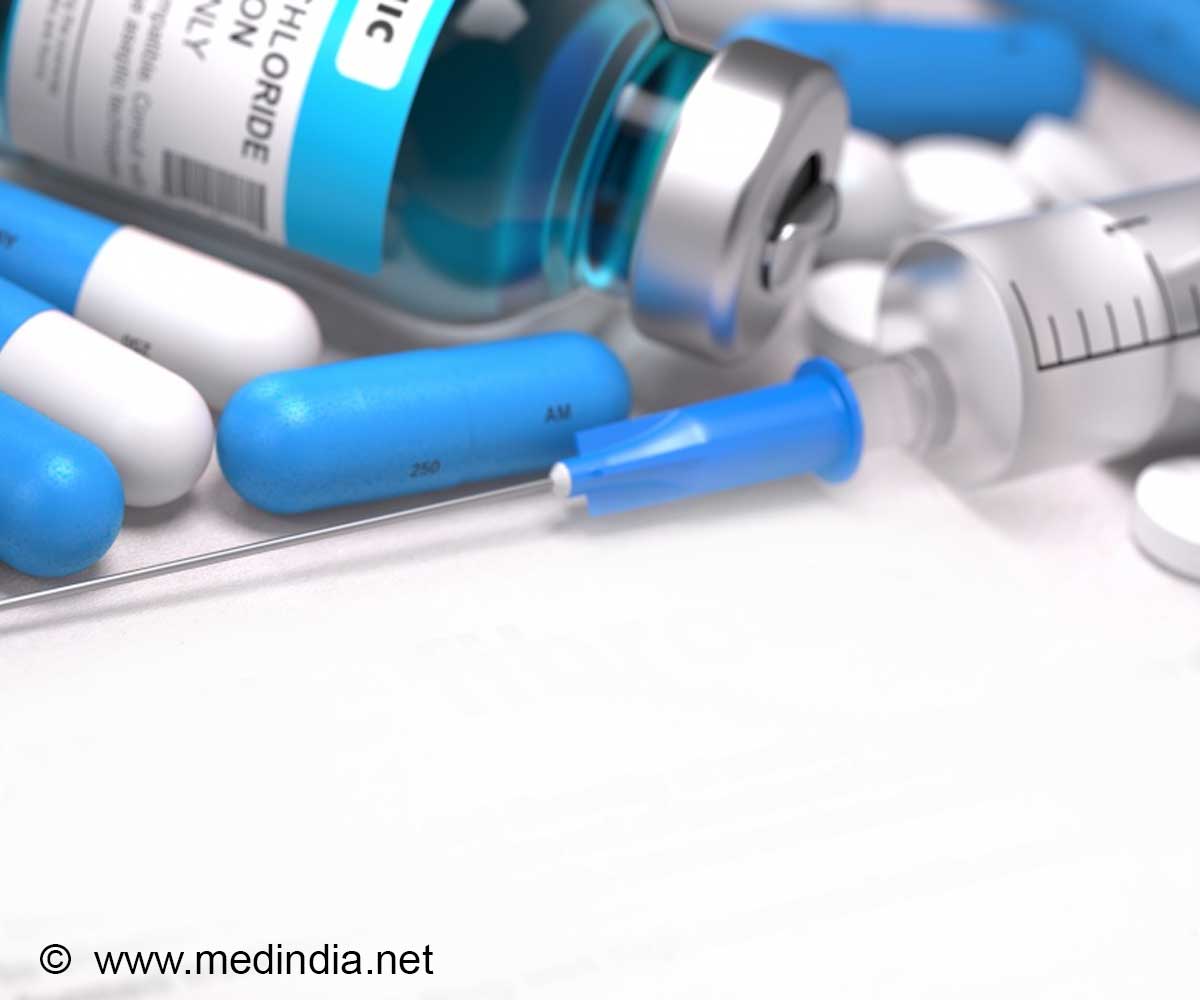
‘Menopausal hormone therapy has been linked to favourable cardiovascular outcomes, including lower mortality and risk of heart failure.’
Tweet it Now
This has been linked to favourable cardiovascular outcomes, including lower mortality and risk of heart failure. "This is the first study to look at the relationship between the use of menopausal hormone therapy and subtle changes in the structure and function of the heart, which can be predictors of future heart problems," said Mihir Sanghvi, research fellow at the Queen Mary University of London.
Importantly, the use of hormone therapy during menopause was not associated with adverse changes in cardiac structure and function.
"For most menopausal women -- especially those under the age of 60 -- the benefits of taking hormone therapy outweigh any potential risks," Sanghvi added.
For the study, published in the journal PLOS ONE, the researchers examined the structure and function of the left ventricular and left atrial in 1,604 post-menopausal women, who were free of known cardiovascular disease, and 32 per cent of whom had used hormone therapy for at least three years.
Advertisement
Advertisement















